
TOKYO, May 28 (Xinhua) -- Chinese Ambassador to Japan Cheng Yonghua on Tuesday refused Japan's question on Chinese Premier Li Keqiang's remark about the Potsdam Proclamation and urged Japan to face up to the past to improve ties with neighboring countries.
Cheng made the remarks in an interview with Xinhua after Japanese Chief Cabinet Secretary Yoshihide Suga's comments on a speech made by Chinese Premier Li Keqiang in Germany.
Li on Sunday visited Cecilienhof Palace in Potsdam, the site of the Potsdam Proclamation in 1945, which set the terms for Japan's surrender in World War II.
Li said that all the territories Japan stole from China, such as Northeast China, Taiwan and related islands, should be restored to China.
Responding to Li's remark, Suga said Monday "That remark ignores history. (Japan) can never accept it."
Cheng reiterated in the interview that in modern times, Japanese militarists launched an aggressive war against China and illegally occupied and stole Chinese territories, including Taiwan and its affiliated islands.
Japan announced its acceptance of the Potsdam Proclamation as well as its unconditional surrender in 1945.
Article 8 of the Potsdam Declaration makes it clear that the terms of the Cairo Declaration shall be carried out.
In December 1943, leaders of the United States, Britain and China signed the Cairo Declaration, declaring that all the territories Japan had seized from China should be returned.
In the China-Japan joint statement issued in 1972, the Japanese government also promised to earnestly implement Article 8 of the Potsdam Declaration.
Cheng also asked Japan to look squarely at history and cope with relevant issues with proper manners so as to better develop its relations with neighboring Asian countries. 
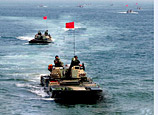


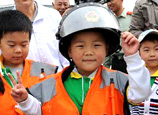

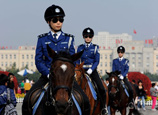

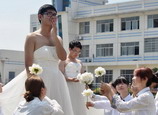
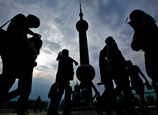
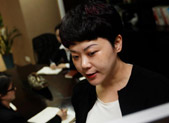






 White angels in Chongqing South West Hospital
White angels in Chongqing South West Hospital


![]()
